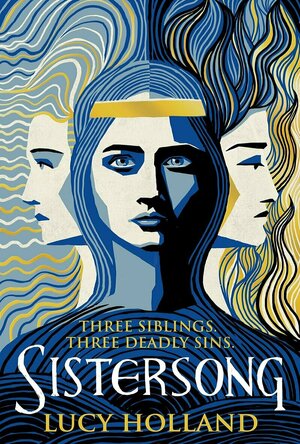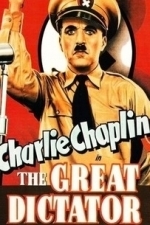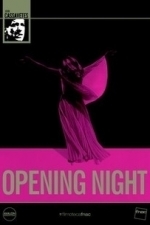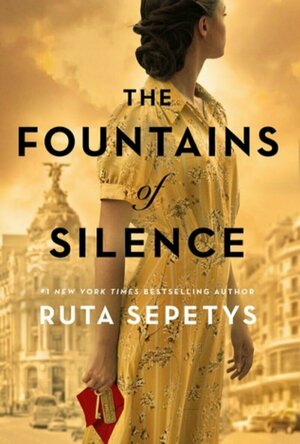
Chagall and Music
Ambre Gauthier and Meret Meyer
Book
- Accompanying text for the exhibition at the Montreal Beaux-Arts Museum, from 28th January to 11th...

The House on Cold Hill
Book
The House on Cold Hill is a chilling and suspenseful ghost story from the multi-million copy...
Disney's Most Notorious Film: Race, Convergence, and the Hidden Histories of Song of the South
Book
The Walt Disney Company offers a vast universe of movies, television shows, theme parks, and...
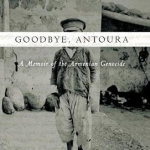
Goodbye, Antoura: A Memoir of the Armenian Genocide
Book
When World War I began, Karnig Panian was only five years old, living among his fellow Armenians in...
Jane Austen's Transatlantic Sister: The Life and Letters of Fanny Palmer Austen
Book
In 1807 genteel, Bermuda-born Fanny Palmer (1789-1814) married Jane Austen's youngest brother,...
ClareR (6067 KP) rated Sistersong in Books
Aug 9, 2021
Cadors three daughters do still have that magical connection. The story is told from their perspective. The eldest, Riva, has been badly burnt in the past, and whilst she can heal others, she can’t heal herself.
Keyne, although born female, has never felt female and longs to be recognised as a man.
Sinne, the youngest, lives for love and flirtation.
When an emissary from another kingdom arrives, he drives a wedge between Riva and Sinne. They see their chance at escape from the Hold. Whilst this is happening, Keyne trains with Myrdin, in the hope that he’ll be recognised as next in line to the throne.
I loved this book - it has all of my favourite elements in a story: mythology, history, magic, lies, deceit, the love of family and siblings, along with the themes of duty and identity. It really packs a punch. The world building is fantastic, and thoroughly immersive. Highly recommended!
Reggie Watts recommended The Great Dictator (1940) in Movies (curated)
Sarah Paulson recommended Opening Night (1977) in Movies (curated)
ClareR (6067 KP) rated The Fountains of Silence in Books
Oct 4, 2019
Daniel meets Ana, a maid at the hotel they are staying at, and falls in love. He decides to take photos of the real Spain, encouraged by an American journalist who is also staying at the hotel, and as a way of learning more about Ana’s life.
So we are introduced to real life in Franco’s Spain: the fear, the tragedy and the suffering.
There are actual excerpts from political documents and newspaper reports at the time, and these really helped clarify the background to the story that unfolded in the book. I really liked this touch.
I loved this novel. The descriptions of life in Spain at the time were so vivid: from the heat to the poverty in Ana’s village, to the opulence of Daniels hotel. Ana and her family were lovely people, having to cope in an impossible situation as the children of murdered republicans. And the end was very satisfying (although I’m sure I would have happily read on for longer!). This will definitely be a book that I recommend to anyone interested in Spain’s recent history. It is a beautiful story.
Many thanks to The Pigeonhole for choosing such a wonderful book to serialise.

Sweatcoin - Get Fit And Active
Health & Fitness and Finance
App
The AppStore №1 and top-rated for your Apple Watch, Sweatcoin app converts your outdoor steps into...

